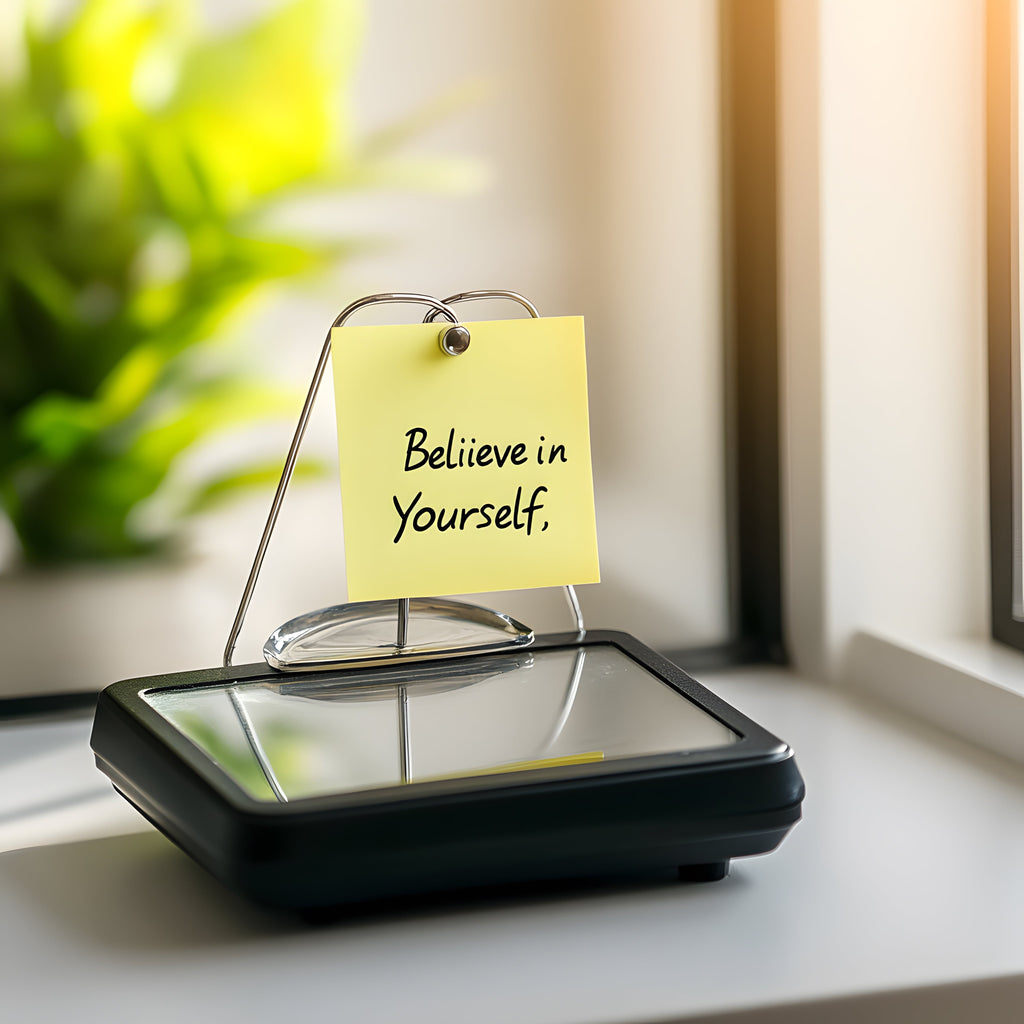
7 Science-Backed Ways to Boost Your Energy Naturally (Without Caffeine)

Feeling drained by mid-afternoon? Relying too heavily on your third cup of coffee? You're not alone. Many people experience energy crashes throughout the day, but the solution isn't always another shot of caffeine. Let's explore natural, sustainable ways to maintain steady energy levels that won't leave you jittery or crashing later.
Understanding Energy Depletion
Energy fluctuations are often caused by blood sugar spikes and crashes, dehydration, poor sleep quality, or nutrient deficiencies. Rather than masking fatigue with stimulants, addressing these root causes creates lasting energy improvements.
1. Master Your Meal Timing and Composition
The Power of Protein Starting your day with 20-25 grams of protein helps stabilize blood sugar and provides sustained energy. Think Greek yogurt with nuts, eggs with avocado, or a protein smoothie with spinach and berries.
Smart Snacking Strategy Combine complex carbohydrates with healthy fats and protein for balanced energy. Try apple slices with almond butter, hummus with vegetables, or a handful of nuts with dried fruit. These combinations prevent the blood sugar rollercoaster that leads to energy crashes.
Hydration Timing Dehydration is a leading cause of fatigue. Drink a glass of water upon waking, and aim for consistent hydration throughout the day rather than large amounts all at once. Add lemon or cucumber for flavor and additional nutrients.
2. Move Your Body Strategically
Morning Movement Just 10 minutes of morning movement can boost energy for hours. This doesn't mean intense exercise—gentle stretching, yoga, or a short walk signals to your body that it's time to be alert and active.
Desk Break Activities Combat afternoon energy slumps with micro-movements. Stand and stretch every hour, do desk-based exercises, or take a brief walk. These small actions improve circulation and mental clarity.
Exercise Timing While evening workouts can be energizing, morning or lunch-time exercise tends to provide the most sustained energy benefits throughout the day.
3. Optimize Your Breathing
The 4-7-8 Technique This simple breathing exercise increases oxygen flow and reduces stress-related fatigue. Inhale for 4 counts, hold for 7, exhale for 8. Repeat 3-4 times whenever you need an energy boost.
Desk Breathing Poor posture restricts breathing and contributes to fatigue. Practice sitting tall with shoulders back and taking several deep belly breaths throughout the day.
4. Strategic Supplement Support
B-Complex Vitamins B vitamins play crucial roles in energy metabolism. A high-quality B-complex supplement can help convert food into usable energy, especially if your diet lacks variety.
Magnesium This mineral supports over 300 enzymatic reactions in the body, many related to energy production. Magnesium deficiency is common and can manifest as fatigue and muscle weakness.
Iron Assessment Low iron levels, particularly common in women, can cause significant fatigue. Consider having your iron levels checked if you experience persistent tiredness despite good sleep and nutrition.
5. Power Nap Science
The 20-Minute Rule Short naps (10-20 minutes) can be incredibly restorative without causing grogginess. Longer naps may interfere with nighttime sleep or leave you feeling sluggish.
Timing Matters The optimal nap window is between 1-3 PM, when your natural circadian rhythm creates a dip in alertness. Napping later in the day can disrupt evening sleep.
6. Environmental Energy Boosters
Light Exposure Natural light exposure, especially in the morning, helps regulate your circadian rhythm and maintains steady energy throughout the day. If natural light is limited, consider a light therapy lamp.
Temperature Awareness Overly warm environments can cause drowsiness. Slightly cool temperatures (around 70-72°F) tend to promote alertness and comfort.
Aromatherapy for Alertness Certain scents like peppermint, rosemary, or citrus can provide natural energy boosts. Keep essential oils at your desk or use an aromatherapy inhaler for quick pick-me-ups.
7. Sleep Quality Foundation
Consistency is Key Going to bed and waking up at the same time daily, even on weekends, helps regulate your internal clock and improves energy levels.
Sleep Environment Cool, dark, quiet rooms promote deeper, more restorative sleep. Invest in blackout curtains, comfortable bedding, and consider white noise if needed.
Evening Routine Create a wind-down routine that signals to your body it's time to rest. This might include reading, gentle stretching, or meditation—avoid screens for at least an hour before bed.
Creating Your Energy Action Plan
Start by identifying your primary energy drain times. Are you sluggish in the morning, crashing after lunch, or dragging in the evening? Then implement 2-3 strategies that address your specific patterns.
Remember, sustainable energy comes from supporting your body's natural systems rather than forcing alertness through stimulants. Be patient as you develop new habits—most people notice improvements within 1-2 weeks of consistent practice.
Looking to support your natural energy levels? Check out our Nutrition and Fitness collections for supplements and tools that complement these natural energy-boosting strategies.

